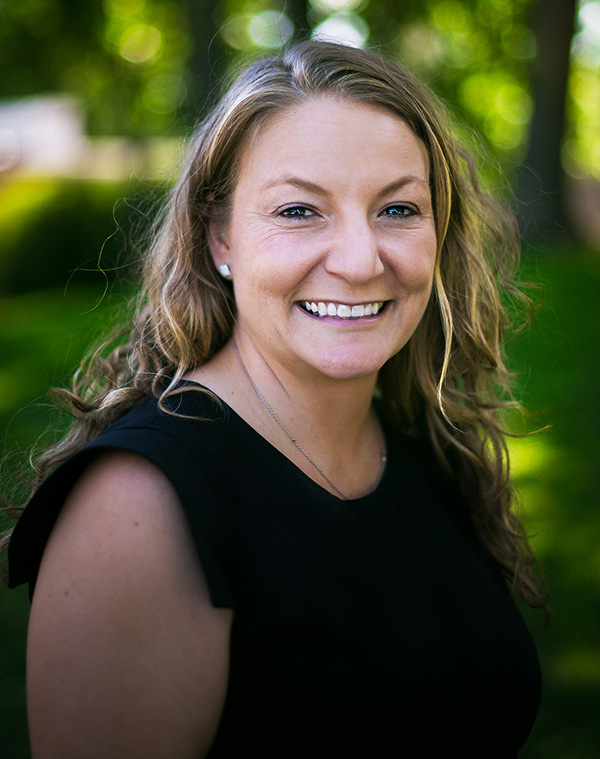Using non-hypothesized based approaches for biomarker development
Using non-hypothesized based approaches for biomarker development
Jessica Gill, PhD, RN, FAAN, Bloomberg Distinguished Professor at Johns Hopkins School of Nursing, presents research on a highly multiplexed proteomic technique that used a DNA aptamers assay to target 1,305 proteins in plasma samples from athletes with and without a sports-related concussion (SRC). Researchers identified 338 plasma proteins significantly differed in abundance in concussed athletes compared to non-concussed athletes.
Learning objectives
- Understand current limits of protein quantification
- Describe ways to improve biomarker identification and measurement related to brain injuries
- Determine ways to address current limitations to personalized medicine approaches for brain injuries

Jessica Gill, PhD, RN, FAAN
Bloomberg Distinguished Professor
Johns Hopkins School of Nursing
Jessica Gill is a national leader in research on the biological mechanisms of traumatic brain injuries (TBI). She has spent decades investigating differential responses in military personnel, athletes, and other patients that have experienced TBIs and the mechanisms underlying these divergent responses. Specifically, Dr. Gill looks for ways to use biomarkers to identify which patients are at high risk for poor recovery and long-term effects including post-traumatic stress disorder, depression, and post-concussive syndrome, and to develop treatments.
After earning her PhD at JHSON, she went to the National Institutes of Health (NIH) to complete a postdoctoral fellowship at the National Institute of Nursing Research that focused on the biological mechanisms of PTSD and depression. At NIH, she also served as a senior investigator and acting deputy scientific director of the National Institute of Nursing Research and deputy director of the Center for Neuroscience and Regenerative Medicine. Dr. Gill was the first nurse to receive the Lasker Clinical Research Scholar Award, considered the most prestigious research grant given by the NIH. As Bloomberg Distinguished Professor of Trauma Recovery Biomarkers, she will hold primary appointments in the Johns Hopkins School of Nursing and the School of Medicine, Department of Neurology.
Using non-hypothesized based approaches for biomarker development
A presentation by Jessica Gill, PhD, RN, FAAN
More webinars
WebinarRethinking Neurodegeneration Through Blood-Based Biomarkers
Proteomics is reshaping how we predict, diagnose, and understand neurodegenerative diseases. In this roundtable, leading experts Tony Wyss-Coray, PhD, and Jacob Vogel, PhD, explore the power of blood-based biomarkers, from deep molecular studies to global-scale datasets using the SomaScan™ Assay. They discuss how protein signatures can reveal brain aging, predict dementia, and track changes in disease pathways over time, with moderation by Steve Williams, MD, PhD. Learn how cutting-edge proteomics is redefining what is possible in neurological research.
WebinarProteomics in Clinical Trials: Lessons from Semaglutide Treatment in Individuals with Obesity
Advancements in proteomic profiling have opened new avenues for understanding the complex mechanisms underlying obesity and its comorbidities. By measuring thousands of proteins at once, researchers gain a comprehensive view of an individual’s metabolic health, revealing subclinical processes and pinpointing potential therapeutic targets.
WebinarPathways to Digital Health: AI and Omics in Rheumatoid Arthritis
Explore how groundbreaking proteomic research is transforming our understanding of rheumatoid arthritis (RA). In this on-demand webinar, Allan Stensballe, PhD, shares new insights into the molecular landscape of RA-affected synovial tissue, revealing how autoantibodies and protein signatures may hold the key to more precise personalized therapies.





